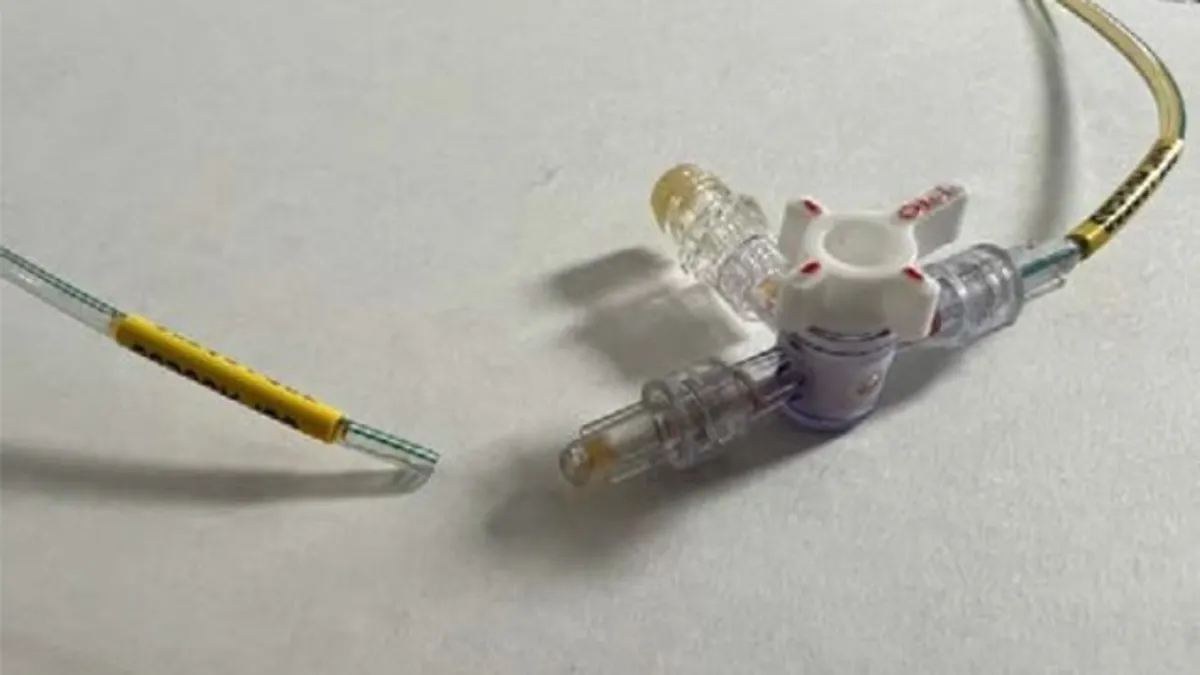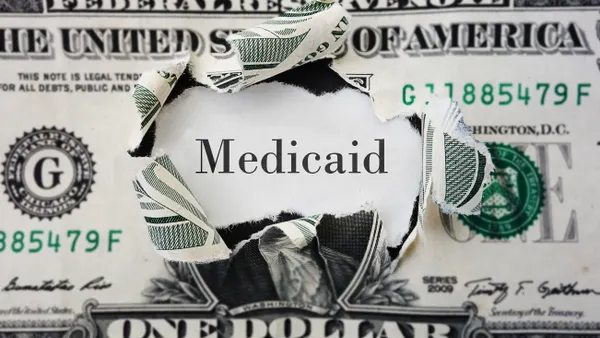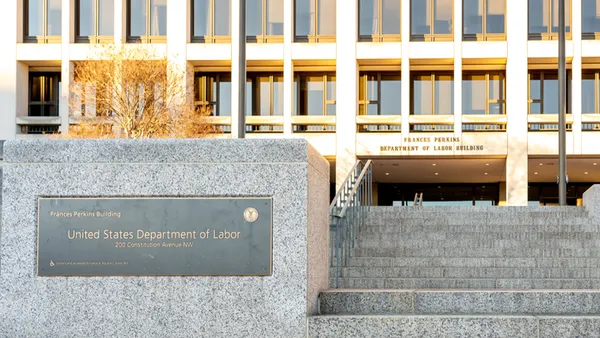Dive Brief:
- The Biden administration has finalized a rule targeting fraudulent billing in Medicare’s largest value-based care program, after concerning reports of spiking spending on urinary catheters.
- The anomalous billing had the potential to hurt accountable care organizations, or ACOs, in the Medicare Shared Savings Program by impairing their ability to capture shared savings. ACOs are groups of providers that assume responsibility — and occasionally, financial risk — to care for a group of patients.
- However, the CMS’ rule finalized Tuesday shields ACOs by excluding payments for suspect catheter billing codes from the 2023 performance year.
Dive Insight:
Last year, the CMS identified a rise in billing for urinary catheters among a small group of durable medical equipment supply companies. The higher billing wasn’t matched by more physicians ordering or more beneficiaries receiving catheters, which are flexible tubes used to help empty the bladder, raising red flags for regulators.
Medicare billing for codes A4352 and A4353, both intermittent urinary catheters, reached up to 20 times the usual historical average in 2023, swelling to $3.1 billion from just $153 million two years before, according to provider groups.
The CMS called the billing pattern — which received national media attention earlier this year — “significant, anomalous and highly suspect.” Regulators kicked off an investigation, which led to the top 15 billers of suspicious catheter claims having their Medicare enrollment revoked.
Earlier this year, ACOs urged the CMS to protect them from the downstream effects of the aberrant billing, after many of the groups flagged the issue to Medicare.
In MSSP, ACOs receive a portion of the savings they generate compared to a benchmark, while ACOs with spending exceeding the benchmark might have to pay a penalty.
Because the higher catheter billing increases the per-capita spending for beneficiaries assigned to an ACO, it reduces the shared savings that ACOs can earn.
In an April letter to the CMS, provider groups cited data showing that nearly half of ACOs had catheter spending on their beneficiaries that was higher than regional averages last year.
Almost 10% of ACOs were spending $50 more per patient per year on catheters than was normal in their region, while 5% of ACOs surpassed that average by $166 to “well over” $1,000, according to the letter.
The CMS first proposed the rule in July to prevent unfair damage to ACOs, noting the provider groups can’t control the bills submitted by durable medical equipment suppliers.
The final rule is similar to its proposed version. It excludes Medicare payments for the two catheter codes on claims for beneficiaries associated with an ACO from that ACO’s spending and revenue calculations for the 2023 performance year. It also excludes the payments from ACOs’ applications to start or renew participation in MSSP.
The adjustment is to prevent distortion in Medicare spending, and not a net positive for all ACOs since inaction would have affected groups differently, the CMS noted. ACOs unaffected by the high catheter spending could even have benefited from the higher benchmarks it created.
The National Association of ACOs applauded the final rule for not unfairly penalizing ACOs, but noted that more needs to be done to target suspected fraud.
The group, which represents more than 470 value-based organizations, has previously flagged similar concerns about spiking spending for diabetes supplies and skin grafts, and suggested the CMS do more to account for outliers at the service or billing code level.
“Anomalous billing is typically identified at the local level,” said NAACOS CEO Clif Gaus. “We look forward to working with CMS to establish permanent policies that address future instances of fraud, waste, and abuse at the local level.”
Tuesday’s final rule only addresses billing activity for the 2023 performance year. The CMS included proposals in its larger Medicare billing rule for 2025 that address aberrant billing in the future.















